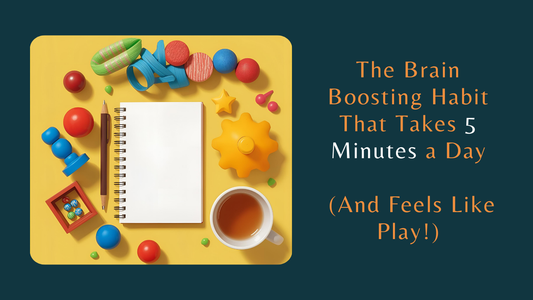In an era increasingly dominated by structured activities and screen time, the importance of unstructured play has often been overlooked. Yet, this seemingly simple act of letting children play freely holds immense value for their development. Unstructured play, characterized by open-ended exploration and a lack of predefined goals, provides a fertile ground for children to nurture their creativity, problem-solving skills, and social-emotional intelligence.
The Benefits of Unstructured Play

Creativity and Imagination
Unstructured play offers children a blank canvas on which to paint their imaginations. Without the constraints of rules or expectations, they are free to explore their ideas, experiment with different possibilities, and create unique and innovative solutions. This fosters creativity and helps children develop a sense of wonder and curiousity about the world around them.
Problem-Solving Skills
When children play freely, they encounter challenges and obstacles that they must overcome. This encourages them to think critically, analyse problems, and develop strategies to find solutions. Through trial and error, they learn to adapt to new situations and build resilience in the face of setbacks.
Social-Emotional Development
Unstructured play provides opportunities for children to interact with their peers and develop essential social skills. They learn to share, cooperate, negotiate, and resolve conflicts. These experiences help them build empathy, understanding, and positive relationships with others.

Physical Development
While unstructured play may not involve organized sports or structured physical activities, it still provides opportunities for physical development. Children can run, jump, climb, and explore their environment, which helps them build strength, coordination, and balance.
Stress Reduction
Engaging in unstructured play can be a great way for children to relax and reduce stress. It allows them to escape from the pressures of school, homework, and other structured activities. By engaging in activities they enjoy, children can recharge their minds and bodies, leading to improved overall well-being.
Creating Opportunities for Unstructured Play

To maximize the benefits of unstructured play, it's important to create opportunities for children to engage in this activity. Here are some ideas:
Outdoor Play
Encourage children to spend time outdoors exploring nature, playing in parks, or simply enjoying the fresh air.
Free Play Time
Set aside specific times each day for unstructured play, where children can choose their own activities.
Open-Ended Toys
Provide children with toys that encourage creativity and open-ended play, such as building blocks, dolls, art supplies, and simple games.
Limit Screen Time
Reduce children's exposure to screens, such as television, computers, and smartphones, to make more room for unstructured play.
Nature Walks
Take children on nature walks to explore the natural world and spark their curiosity.
By prioritising unstructured play in our children's lives, we can help them develop into well-rounded individuals who are creative, resilient, and socially competent. Let's embrace the power of play and allow our children to explore, learn, and grow in their own unique ways.




